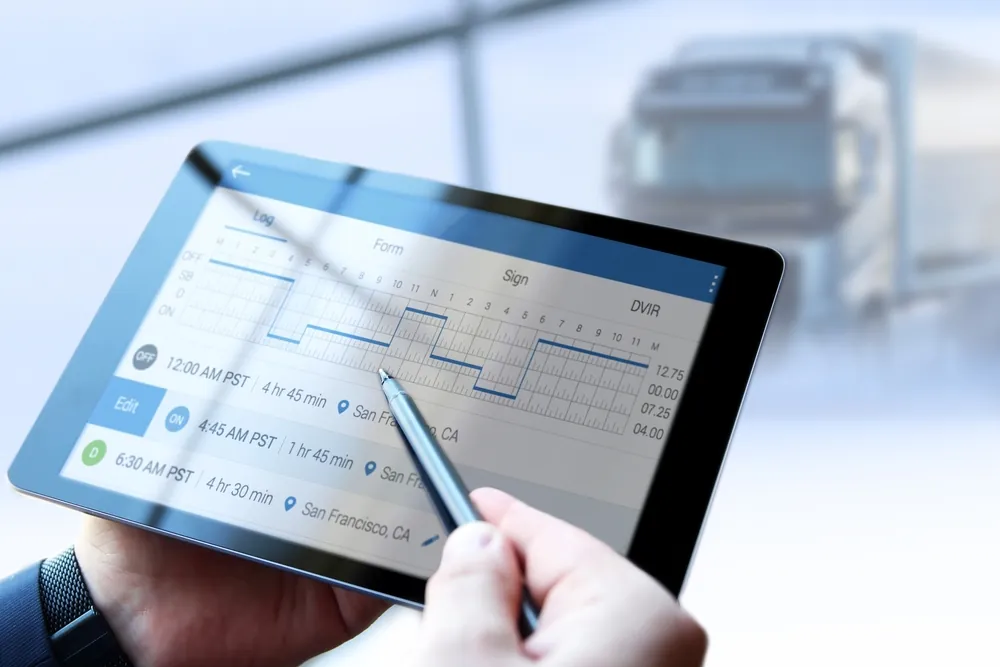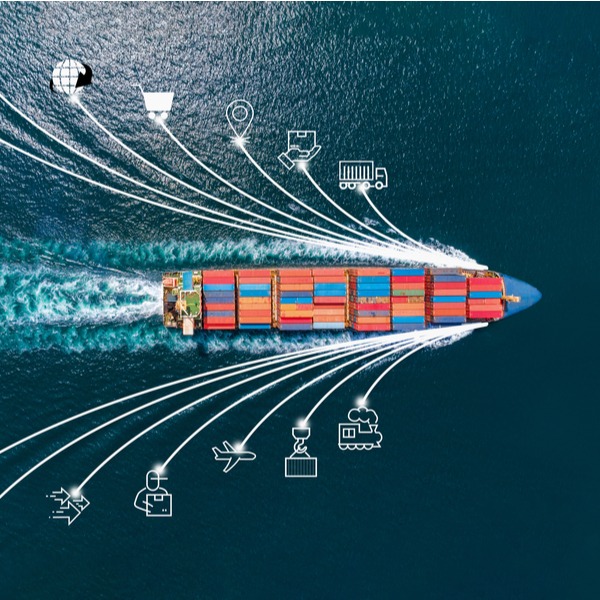Electronic Export Information is electronic data that must be filed for goods wishing to be exported from the U.S. to a foreign country. The EEI provides government officials with information regarding the shipper and receiver and any details involving the item(s) being exported.
What is Electronic Export Information, and Why is it Needed?
For those wishing to export items from the U.S. to a foreign country, you must file Electronic Export Information with the U.S. Customs and Border Protection through the Automated Export System (ACE) AESDirect. In addition to item info and sender and receiver info, the EEI will also include the Export Control Classification Number (ECCN). The EEI allows the Census Bureau to track exports and record trade statistics.
When Should I File EEI?
To determine whether you need to file, you must know your export’s Harmonized Tariff Schedule (HTS) and Schedule B Code. If the total value of your freight with the same HTS code exceeds $2,500, you will need to file. If it does not exceed this threshold, you must consider other factors before ruling out the need for EEI.
Check the ruling on the item’s destination. If it is going to countries such as China, Russia, or Venezuela, it will require EEI documentation. You will also need to file if your items require an export license or if your export is subject to commodity requirements via the U.S. Foreign Trade Regulations.
You should file the EEI if you are shipping from the U.S. to Puerto Rico or the U.S. Virgin Islands. Also, when shipping between Puerto Rico and the U.S. or from the U.S. or Puerto Rico to the Virgin Islands. Exemptions from providing the EEI include:
- Shipping from the U.S. or Puerto Rico to any U.S. territory (Guam, Northern Mariana Islands, Wake Island, Midway Island, Howland Islands, or the American Samoa).
- Shipping from the Virgin Islands to any U.S. territory or Puerto Rico.
- If you ship from the U.S. to Canada (unless the items in question require an export license, fall under the International Traffic In Arms Regulations (ITAR), or include rough diamonds.)
Who is Responsible for Providing EEI?
The U.S. Principal Party in Interest (USPPI) provides the EEI for freight exports. The USPPI is usually the seller or manufacturer but can also be the freight forwarder in one scenario. The freight forwarder can be the USPPI if they also work as the customs broker, helping with the clearance of the goods. If you would like to hand off the responsibilities of providing the EEI, hiring a freight forwarder or customs broker may be the best route for your freight.
How Do I File Electronic Export Information?
Before filing your EEI, you must receive filer or software certification through AES. Those who qualify for AES use include authorized agents, USPPI, software developers, and service centers. Those completing the EEI will need filer certification. Software developers and service centers need software certification.
To make a proper AESDirect filing, you will need to include the following:
- The Internal Transaction Number, or ITN.
- The Export Control Classification Number indicates what your shipment is under and under what conditions it is.
- The Schedule B commodity code for your product.
- The country of origin for your product.
- The value of the shipment in U.S. dollars.
- The gross weight of the shipment.
- The method of transportation you’ve chosen to send the product.
- The type of container you are using, if applicable.
- The departure date from the U.S.
- The name and address of the shipper.
- The name and address of the consignee (the recipient).
- A description of the product you are shipping.
- YYou must include the license number if must include the license number
If any of this information is missing or incorrect, your filing will be rejected, and you will not be able to ship your products until a proper filing is made. You should double-check all of your information before hitting the submit button.
Time to Partner with a 3PL
Once you receive your necessary certification and file your EEI, it’s time to ship your export. When it comes time to ship freight, many first-time sellers and even those with experience can become easily confused. Consider partnering with a third-party logistics (3PL) company like FreightCenter to avoid these headaches and possible delays. Here at FreightCenter, we make shipping easy. Whether domestic or international, we can assist you with all shipping needs, big or small. So call us today or run a free freight quote to see how much you could save.



